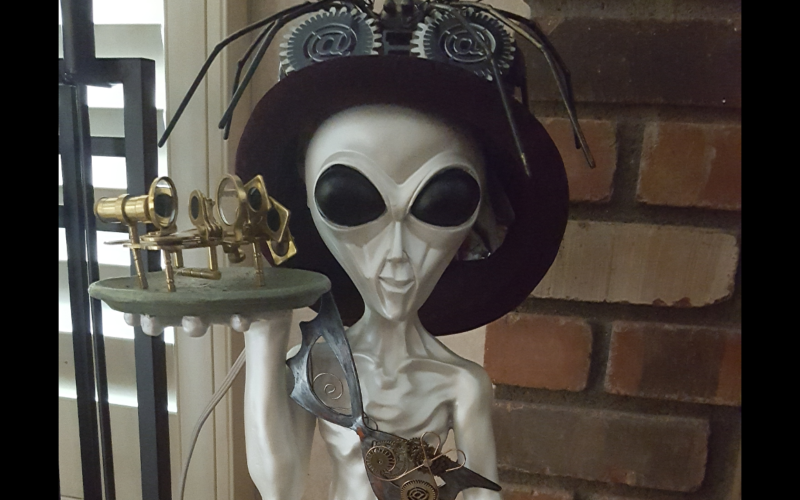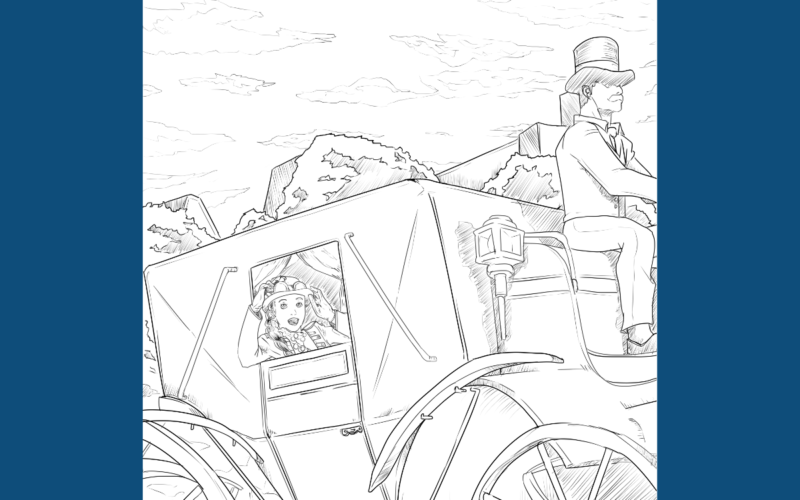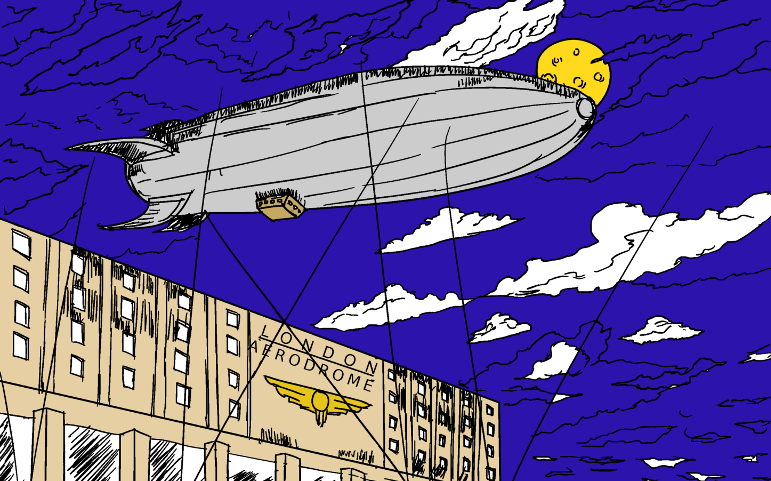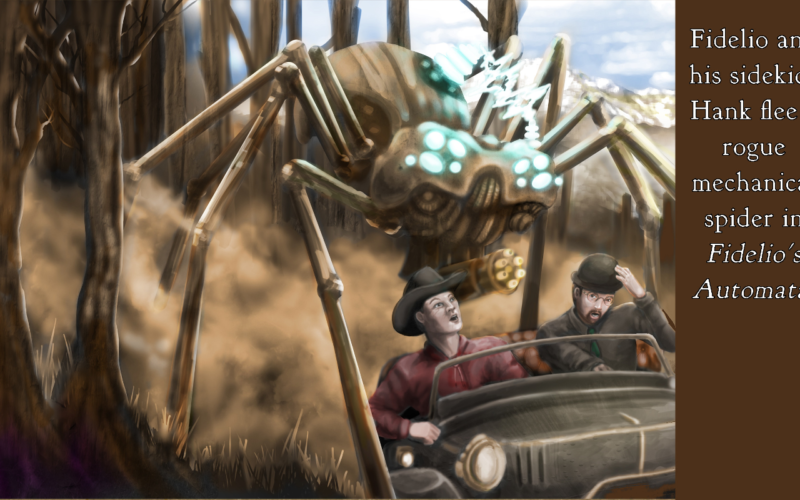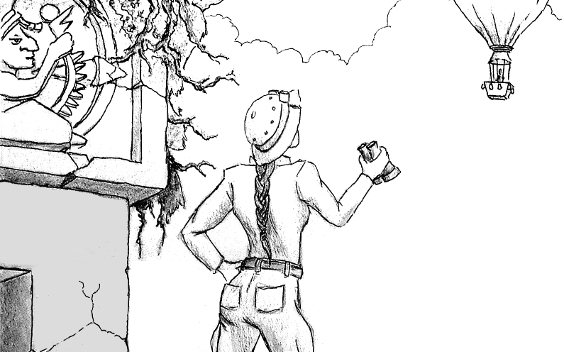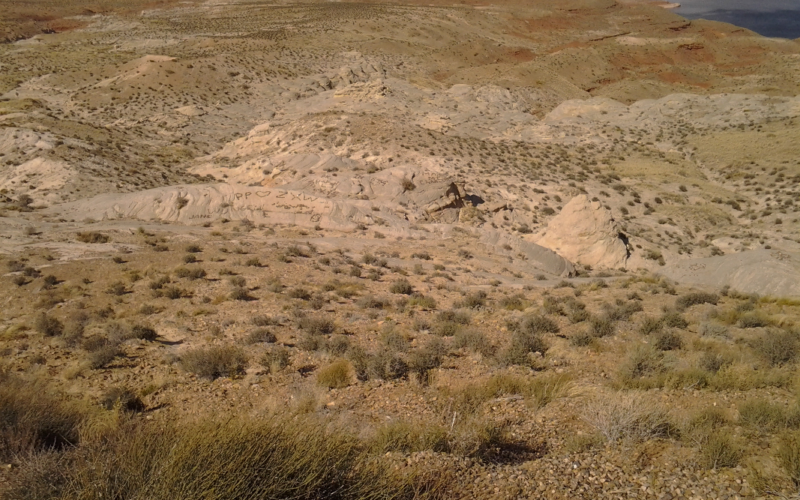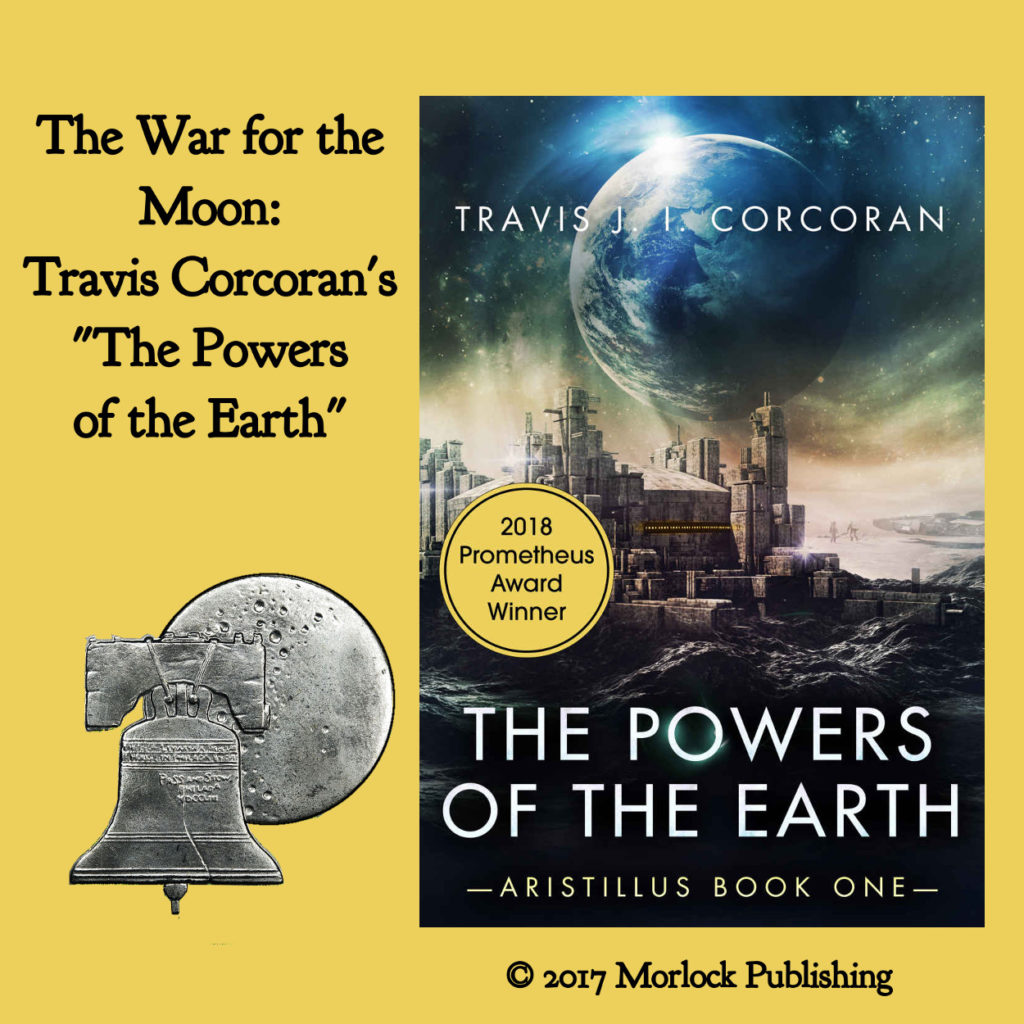
The Powers of the Earth is not the first sci-fi novel about a war between the Earth and its colonies on the Moon. Heinlein’s The Moon Is a Harsh Mistress, is probably the most famous. Ursula Le Guin wrote her own version, The Dispossessed. Even if an idea is not truly original, a great author makes it his own. Corcoran’s version won the 2018 Prometheus, the award of the Libertarian Future Society. The sequel won that same award in 2019. Clearly, a lot of people think very highly of this book.
Powers is set in 2064 in the underground (literally) lunar colony in Aristillus Crater. Its inhabitants are fugitives, refugees, and tax rebels who have fled from the despotic regimes that rule their homes. The Earth governments, led by the still-powerful United States, not only embargo the colony but officially deny its existence. It survives because one of its founders invented an anti-gravity drive which allows cheap (and secretive) transportation between Earth and Moon. The smugglers ferry both people and materials to sustain and grow the young colony.
The story follows many point-of-view characters from both sides, though some of them dominate the narrative. Foremost among these is Mike Martin, CEO of Morlock Engineering and one of the founders of the colony. His company digs the underground tunnels which become the habitats in which everyone lives. Another is John, a US military veteran with some unusual friends: a pack of hyper-intelligent talking dogs, the result of genetic experiments on Earth. He rescued these animals from destruction at the hands of the technophobic US bureaucracy. Another friend is Gamma, an artificial intelligence he likewise rescued.
Aristillus is a city without government, managed via the rights of property and self-ownership as defined in libertarian theory. The city prospers, but not without conflict and calls for the establishment of a minimal government. Martin, who fled persecution in the US, vehemently opposes these proposals. He’s also been warning of an imminent invasion by the Earth governments, who will invent an excuse to steal the colony’s wealth and destroy the “bad example” of a prosperous free society. From the book’s glimpses into the machinations of Earth’s politicians, we know Mike is right. Yet the laissez-faire system he founded carries the seeds of its undoing. Few of his fellow business leaders believe him and those who do cannot agree on the right course of action. Mike, a bookish introvert who enjoys human company only so far as it involves inventing and building things, makes things worse by his natural arrogance.
When I first began the book, it seemed like it might just be another utopian libertarian novel that was more ideology than plot, similar to Rand’s Atlas Shrugged (which nonetheless remains one of my favorites.) I was wrong. Corcoran’s plot is complex with many surprises. The colonists face numerous dangers and survive in spite of themselves. The technological underpinning is clever even if its foundation, the anti-gravity drive, seems a bit far-fetched. Best of all are the characters. They are not the caricatures one sees in a lot of agenda-driven fiction. The good guys all have flaws and many of the bad guys have redeeming qualities. Considering the antagonists, I found US President Themba Johnson to be darkly hilarious as a former TV star reminiscent of both Donald Trump and Oprah Winfrey. My favorite character of all is Max, one of the “uplifted” dogs. He’s a hard-core anarchist who goes on long rants about the evils of government in general and dog-eating humans in particular. Many of the protagonists reminded me of people I’ve met during my activist phase – including myself.
Powers of the Earth is a rather long book composed of over a hundred short chapters. The structure gives it a fast pace, spurring the reader onward. After my initial skepticism, I found myself hooked, listening to the audiobook in every free moment. Alas, the book ends at a climactic moment so I’ll be “reading” the sequel, Causes of Separation, which I’ve already purchased.
As for the narrator: Sean Runnette does a great job. Though at times he’s a bit theatrical for my taste, he never overacts, which is an irritant with some audio-book narrators. By the way, I love how he reads the dialog of the Gamma in a soothing voice reminiscent of Hal from 2001.
If you like near-future hard sci-fi adventure, you’ll like this book. If you’re into books with a pro-freedom message, you’ll love it. I don’t think you have to be a libertarian to enjoy it, however. For a rousing good time with exciting action, get “Powers of the Earth.” Rating: five out of five gears.
You can get Powers of the Earth on Amazon here.
And if you like libertarian fiction, check out my own libertarian novel Centrifugal Force here.

